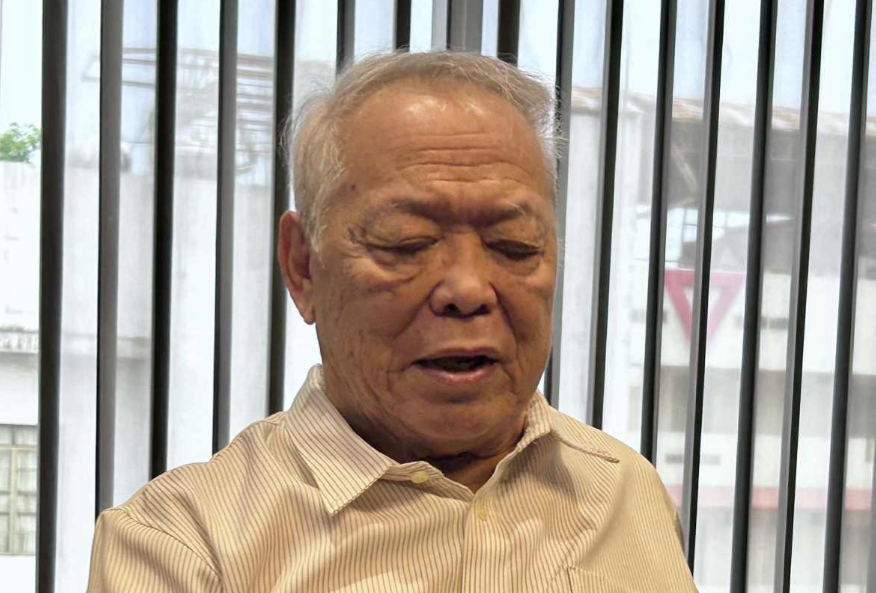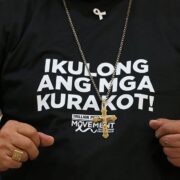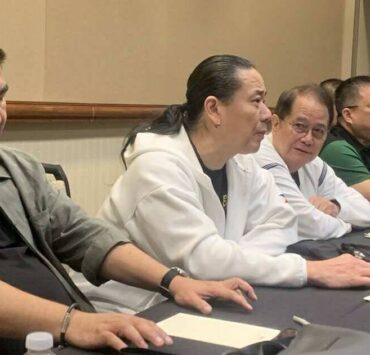Bashed daily and resigning yearly, commish proud of Cesafi growth

CEBU CITY—For decades, Felix “Boy” Tiukinhoy stood at the eye of the Cesafi storm—never ducking for cover and staying even when he wanted to leave.
Whether absorbing the flak from coaches, calming feuding school reps or enforcing controversial rulings, Tiukinhoy bore the league’s burdens regularly. And for 25 years, he did what many thought impossible: steer Cebu’s top collegiate sports league through turbulence and into national relevance—several standouts from Manila’s more publicized varsity leagues trace their roots to the hard courts of Cebu.
“Every season, I submitted my resignation,” he said. “They never accepted it.”
He wasn’t exaggerating. For years, quitting had become ritual for Tiukinhoy. But every time, the board refused to let him go. Somewhere between those rejections, Cesafi—the Cebu Schools Athletic Foundation, Inc.—found its footing.
From the ashes of the Cebu Amateur Athletics Association, Cesafi emerged in 2001 after a legal storm over a player’s transcript dissolved the old league. Tiukinhoy remembers the moment it all began.
“I was in the US when Gus [Atty. Augusto Go] called,” he recalled. “When we met, he handed me a folder and said, ‘You’re the commissioner now.’ I couldn’t say no.”
From that “shotgun appointment” to today, Tiukinhoy has shaped the rules, resolved conflicts and held the trust of Cebu’s varsity community—even when it came with a beating.
“I was bashed in the newspapers almost daily. They said I wasn’t a basketball player, so I didn’t know sports,” he said. “But what the league needed was management.”
His management style is grounded in structure. Tiukinhoy crafted a rule book with school officials, coaches and athletic directors. That document became Cesafi’s lynchpin.
One of the most pivotal reforms? Requiring PSA-issued birth certificates to curb document fraud. “We made sure the rules were clear. Once approved, that was our mantra,” he said.
And yet, the job was never easy.
Tiukinhoy has mediated everything from forged records—like in the case of EJ Agbong—to court orders that derailed an entire season. In 2013, a player eligibility issue forced Cesafi to cancel its high school basketball semifinals and finals. The decision, Tiukinhoy said, was agonizing but necessary.
But underneath the controversies lay decades of deep relationships—with school presidents like Go and Greg Escario, and with athletic directors he learned to trust. These bonds, he believes, are the reason Cesafi has endured.
Now 25 years in, Tiukinhoy is preparing to exit. The challenge? Finding a successor who can handle everything he faced and keep the league steady.
His requirement: Integrity, credibility, wisdom and commitment.
The foundation is built. The rules are in place. And Tiukinhoy knows Cesafi will outlast them all.
“Cesafi will last,” he said. “But we won’t. That’s why we’re planning a transition now.”
This time, the founding commissioner will make sure the resignation sticks.

















